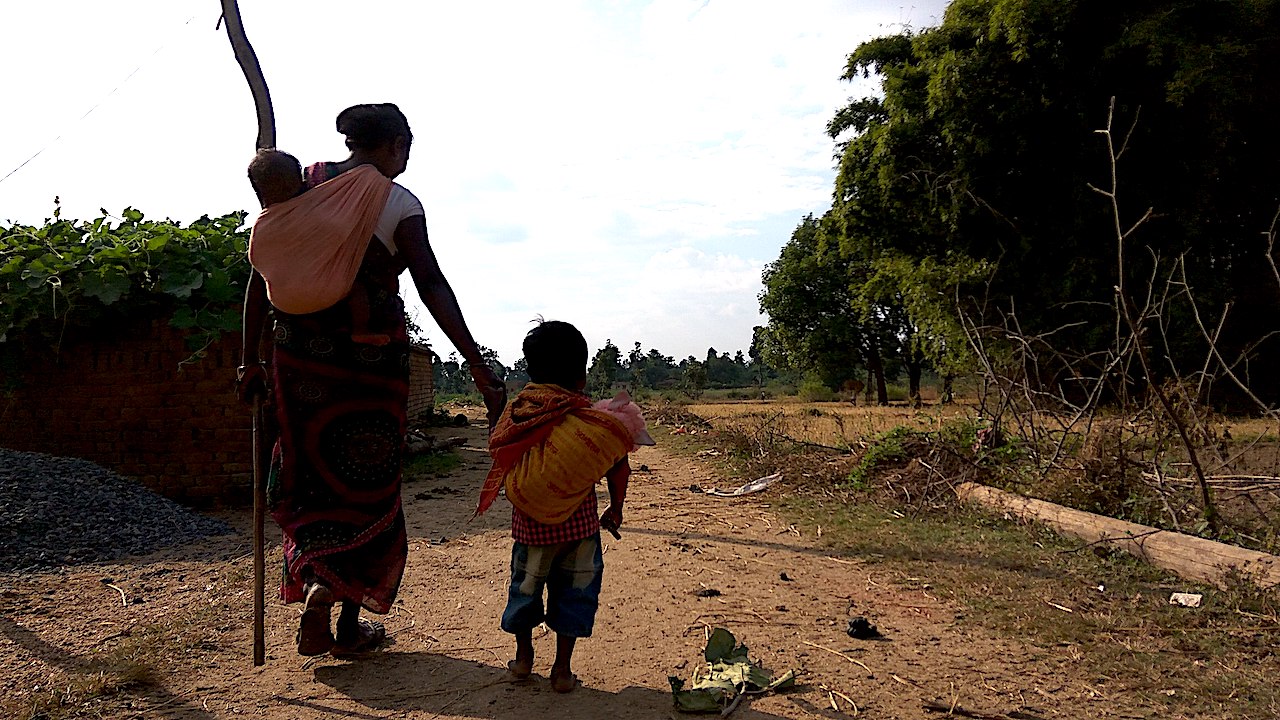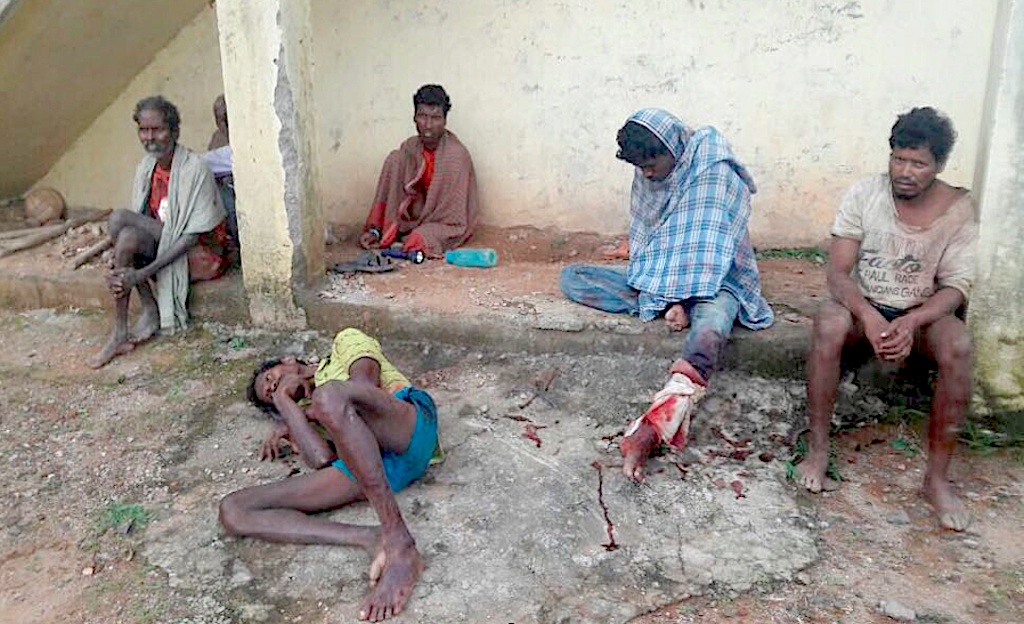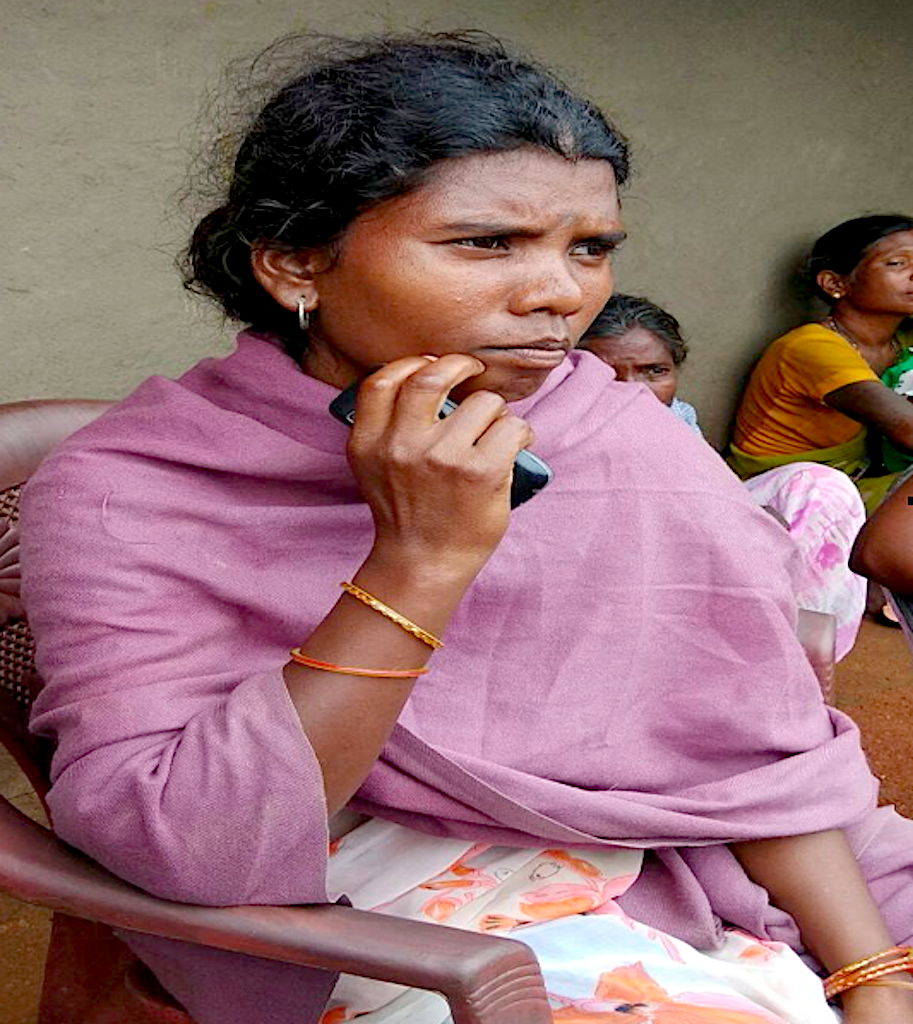In Jharkhand, the violence has deeply impacted the lives of Adivasis, and these incidents are taking place merely 40 km from the capital, Ranchi.

Over the past three and a half years, India has witnessed an increase in attacks on marginalised communities in the name of “cow-protection” (Gau Raksha). From Jammu and Kashmir to Karnataka and West Bengal to Maharashtra, it would be fair to say that the series of attacks have left few states untouched. The impact of these attacks has been especially felt in the state of Jharkhand, which has been witness to some of the worst attacks by right-wing goons in the name of ‘protecting’ cows. From the brutal murder in Latehar, including that of a minor, to the mob attacks in various parts of the state, the state has seen some of the worst attacks in the country. TCN’s Afroz Alam Sahil travelled across Jharkhand to understand and narrate how the terror spread by right-wing fundamentalists under the garb of protecting the cow has left a trail of blood in its path. In the first of the eight-part series, Afroz looks at how the violence around “cow protection” often with the collusion of the local administration and police has left Adivasis reeling in their own state.

Across India, it has now become common to see Muslims tortured, murdered and humiliated in the name of cow protection. In other cases, like in Una, Gujarat, Dalits have been at the receiving end of this terror. However, in Jharkhand, the violence has deeply impacted the lives of Adivasis, and these incidents are taking place merely 40 km from the capital, Ranchi.
The story of Alma Khalko, an Adivasi woman from the village of Naro, is one of the many such stories. Khalko was beaten up by the goons affiliated with Bajrang Dal for allegedly trading/selling? beef, even though Khalko, a labourer by profession, is actually a member of Communist Party of India (Marxist-Leninist).
In a conversation with TwoCircles.net, Khalko says that the attacks on her followed a long period of threats from the fundamentalists of the region. “I have been working with the labourers and making them aware of their rights…this did not go down well with some of the locals. On August 24, my house was surrounded by goons of Bajrang Dal. They beat up my husband and accused me of selling beef. They also threatened to kill me. When I approached the Police to file a complaint, they instead rebuked me and failed to take any action against the attackers,” she said.
On December 8, Khalko was attacked again, but the police refused to take action against the culprits.
It is important to mention here that while the attacks are conducted to show that these are related with “cow protection”, the truth lies somewhere else, in an issue that is only too familiar to Jharkhand: land grabbing by non-Adivasis. Khalko says, “Bajrang Dal goons attack Adivasis because that might lead to us (Adivasis) leaving the villages and thereby making space for land to be occupied.
Khalko’s story is unfortunately not the only one from Jharkhand. In August this year, more than a dozen Adivasis were attacked by mobs in the village of Barkol of Garhwa district. The attacks led to the death of Rakesh Minj, a 40-year-old local. The case has been registered in the Bhandaria police station.
Sunil Minj, who works with the National Campaign for Dalit Human Rights (NCDHR), has been following cases of attacks on Adivasis in Jharkhand in the name of cow protection. In a conversation with TwoCircles.net, he says, “A person from the village (Barkol) sold an old bull to a Christian Adivasi for Rs 1,000. The seller was well aware of what use the bull will be but did not object then. However, when the bull was killed, then the local villagers attacked six Adivasi homes in that village. Even children and women were not spared…the attackers took Ramesh as a captive and beat him mercilessly…his ‘fault’ was that he was taking some meat back to his village.

“The goons did not stop there…they also picked the Adivasi men and took them to the local police picket. The police, instead of taking these men to the hospital, posed for pics with the tail of the cow instead…these men were rendered incapable of even walking. It was police negligence that led to the death of Rakesh Minj,” he says.

Anita Minj
“His neck, legs were broken… government promises were a lie”
Anita Minj, the wife of Rakesh Minj, is yet to recover from the shock of her husband’s death. In a conversation with TwoCircles.net, she says that a day before the incident, Minj had visited Chhattisgarh. On the day of the incident, he had gone to buy fertilisers. “When we returned from the forest, we found out that he had not returned home. We thought he had stayed back in his ancestral village. The next day, we were informed that he had been beaten up by the villagers for carrying ‘prohibited meat’. We rushed to the police station…we tried to feed him but he could barely eat. He was bleeding all over…his fingers, neck, legs were broken. The Police took him to Garhwa, where he was admitted. On August 22, we were asked by the police to come see my husband in Garhwa. When we reached, we were told that he was dead.”
After the incident, the police filed an FIR based on Anita’s complaint, and the local administration gave Anita a cheque of Rs 35,000, Rs 5,000 in cash and 35 kg ration. However, the local police, Anita alleges, continues to shield the perpetrators. Anita was also promised widow’s pension. But Anita told TwoCircles.net, “The promises made by the local administration was nothing but hogwash to protect the accused…the police have arrested 9 people but the ones who committed the crime continue to roam scot-free. And we know the reason…they are associated with the ruling party.”
After Rakesh’s death, Anita has been left with four children aged between 16 and 3 with no breadwinner to support them. Anita breaks down during the conversation, and says, “I do not know how I will feed my family…my husband’s mobile was recovered, but the police won’t tell us about the whereabouts of the SIM card and the memory card. The government and the police couldn’t care less about the issues of the poor…”.
This article was first published on Two Circles.

